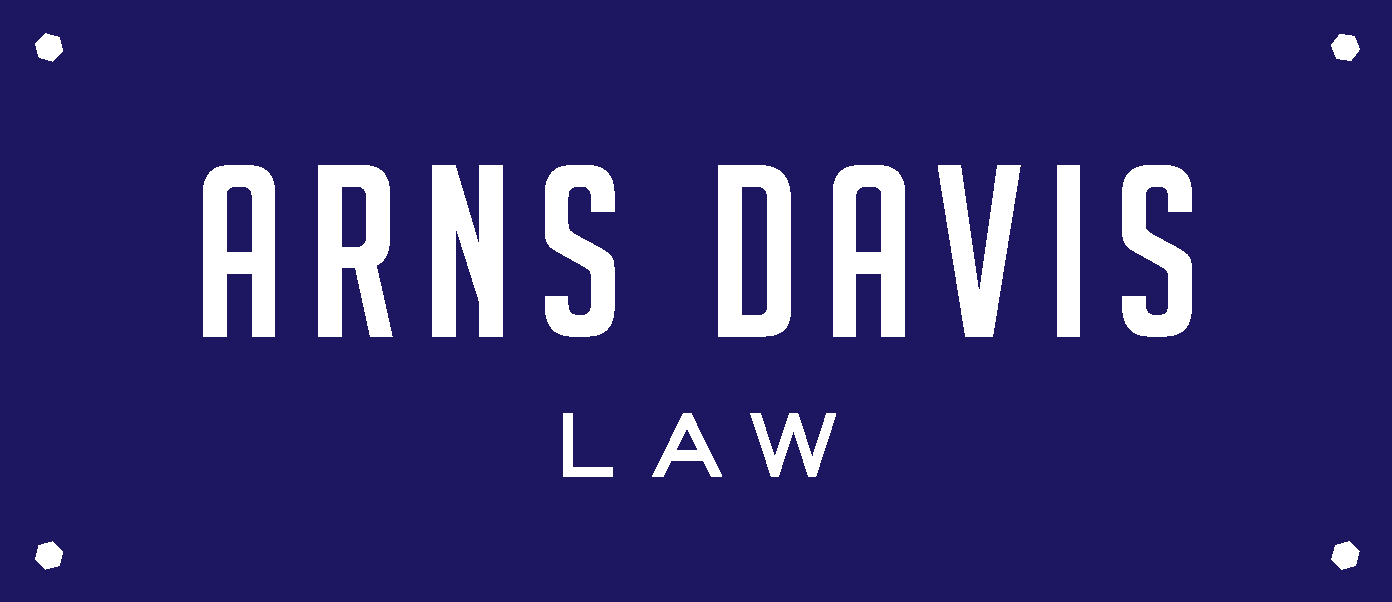Medical Bills After a Major Car Accident Accident: Who Pays and When?
by Robert Foss
After a car accident, one of the biggest questions injured victims face is: “Who pays my medical bills?” Ambulance rides, emergency room visits, follow-up care, and physical therapy add up fast. Understanding how medical bills are handled in personal injury cases can protect your finances, your credit rating, and help you avoid costly mistakes while your case is pending.
A common myth is that the at-fault driver’s insurance will pay your bills as they come due. In reality, a payment from the at-fault party for medical bills in an injury case will usually come at the end of the case, following settlement or trial.
Immediate Medical Care After an Accident
If you’ve been injured, always get the care you need right away. Emergency treatment, ambulance transportation, and hospital care can be expensive, but waiting for a personal injury settlement before seeking care can hurt your health, slow your recovery, and potentially hurt your case.
Potential Sources of Payments for Medical Care
- Workers Compensation Insurance
If you were injured while working, such as driving for work, you may be entitled to have your medical care paid for by your employer’s workers compensation insurance. In California, this may be true even if you were at fault for the collision. Let your employer know right away that you were injured while working, and get information about filing a claim with their insurance. Be sure to notify every provider that you were injured while working, and that the bills should be sent to your employer’s workers compensation insurance carrier.
- Private Personal Health Insurance
If you have health insurance: Use it. If you later recover money from the other driver, your insurance may request reimbursement from your settlement (a process called subrogation) but there are often limits the maximum they can recover from the settlement. Additionally, medical providers often accept discounted rates for care when insurance companies are paying the bills.
- Automobile “MedPay” Insurance
MedPay, or Medical Payments Coverage, is an optional auto insurance add-on that covers medical expenses for you and your passengers after a car accident, regardless of who was at fault. It typically pays for immediate medical costs like emergency room visits, hospital stays, surgery, diagnostic testing, and sometimes funeral expenses, up to your policy limit.
Unlike liability coverage, MedPay can work alongside your health insurance to help pay deductibles, copays, or expenses your health plan doesn't cover 100%, providing quick payment without the need to determine fault or wait for a settlement. It can be particularly helpful if you don't have health insurance or have a health insurance plan with high deductibles or copayment requirements. Like personal health insurance, payments under MedPay may need to be repaid to the insurance company if there is a settlement or financial recovery at trial, or it may act to reduce the insurance policy limits. As a result, requesting a copy of the policy and the limits is fundamental to understanding your options.
What if None of Those Are Available to Me?
Some people may also have some form of health coverage through Medi-Cal (California’s implementation of Federal Medicaid), Medicare, or even a Medicare supplementary plan covered through an insurer. These plans have varied and specific rules, as well as strong reimbursement rights (that is, how much you have to pay back out of any financial recovery) and you should strongly consider discussing this with an attorney before accepting any settlement.
If you don’t have any health insurance, an attorney may be able to help you find providers who treat on a lien basis, meaning they agree to wait for payment until your case settles. If possible, avoiding “treating on a lien” can be a good idea, because there is much less room for negotiating the cost of this care, and it generally needs to be repaid whether you win or lose your case. The typically higher rates charged by lien doctors can quickly reduce what is left in any settlement or recovery from trial.
What if Medical Providers are Demanding Payment While Your Case Is Pending?
Medical providers aren’t necessarily required to wait until your case resolves to demand payment – even if you do not have the money to pay. If you have an attorney, they can help notify the provider of the pending case and try to obtain patience.
If your provider sends your account to a collection agency, and you receive a collection notice: don’t ignore the notice. Instead, share them with your lawyer immediately. Unpaid medical debt can damage your credit score. Protect yourself by:
Informing providers about your accident and pending claim
Keeping records of all medical expenses
Exploring payment plans or charity care programs
Once your case is resolved, having your attorney negotiate bills and liens on your behalf
Things to Avoid
Don’t sign blanket medical authorizations for the other driver’s insurance company.
Don’t give recorded statements about your medical condition, especially if things are not fully resolved. Insurance companies may try to use them against you, especially if your condition worsens.
Don’t accept a quick settlement before you know the full extent of your medical needs. A quick settlement may only cover a fraction of any long-term care.
Final Considerations
This article looks primarily at California options, but insurance plans, laws, and subrogation/repayment rights vary significantly between plan, jurisdiction, and specific situation. You should consider consulting with an attorney before accepting any settlement or any other major decisions about your car accident.
Get Legal Help with Medical Bills After a Car Accident
If you are feeling overwhelmed, your insurance plan or the medical provider may have a patient billing advocate or payment plan available, or you can contact an attorney. At Arns Davis Law, we help clients every step of the way: coordinating care, negotiating liens, and working to get the insurance companies to pay what they owe.
